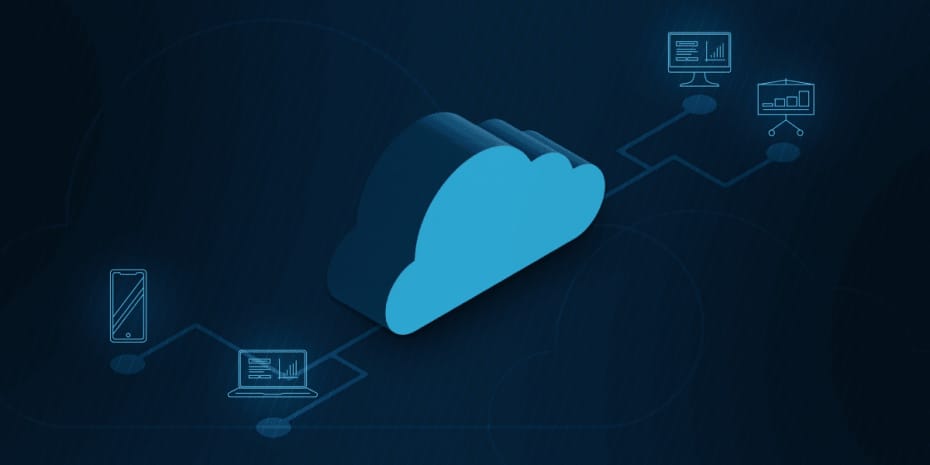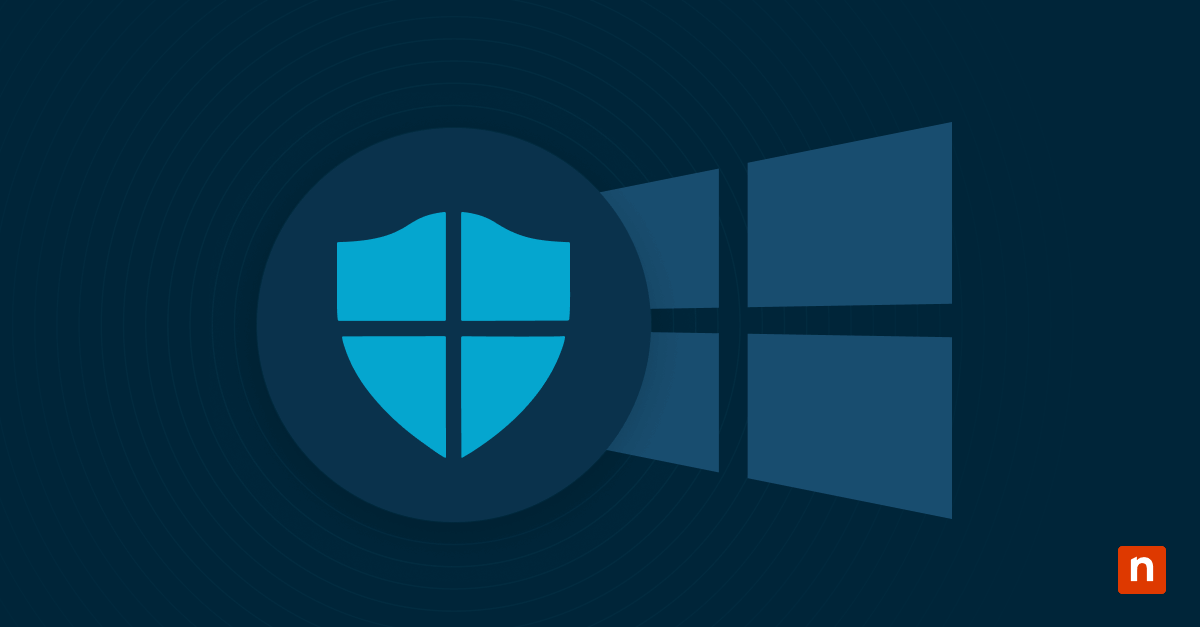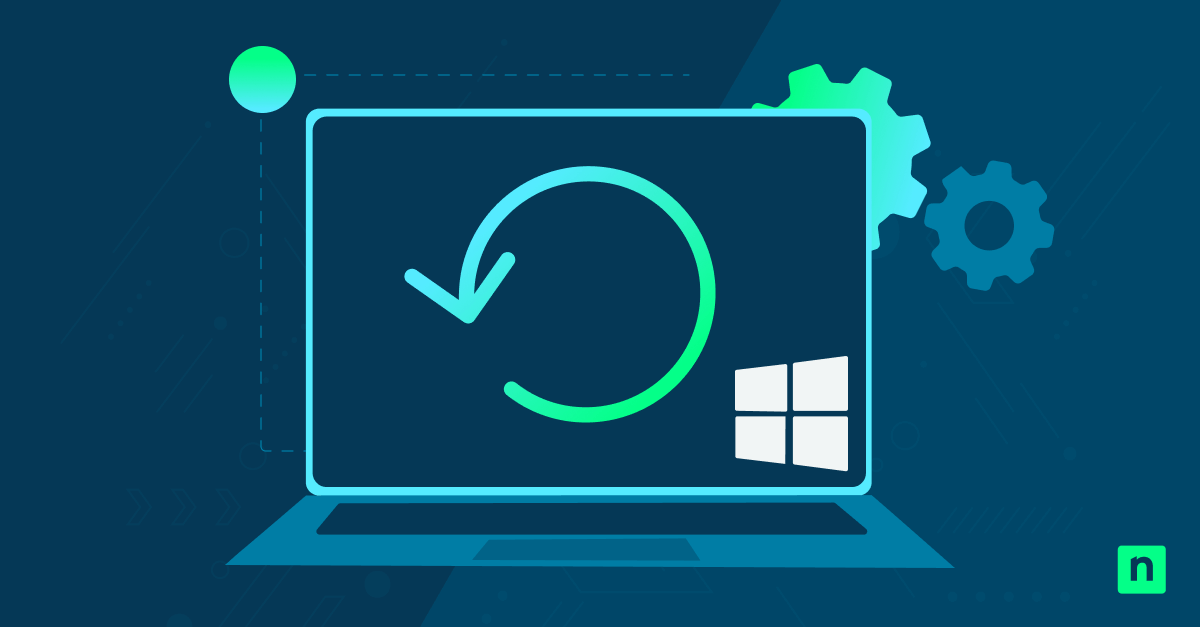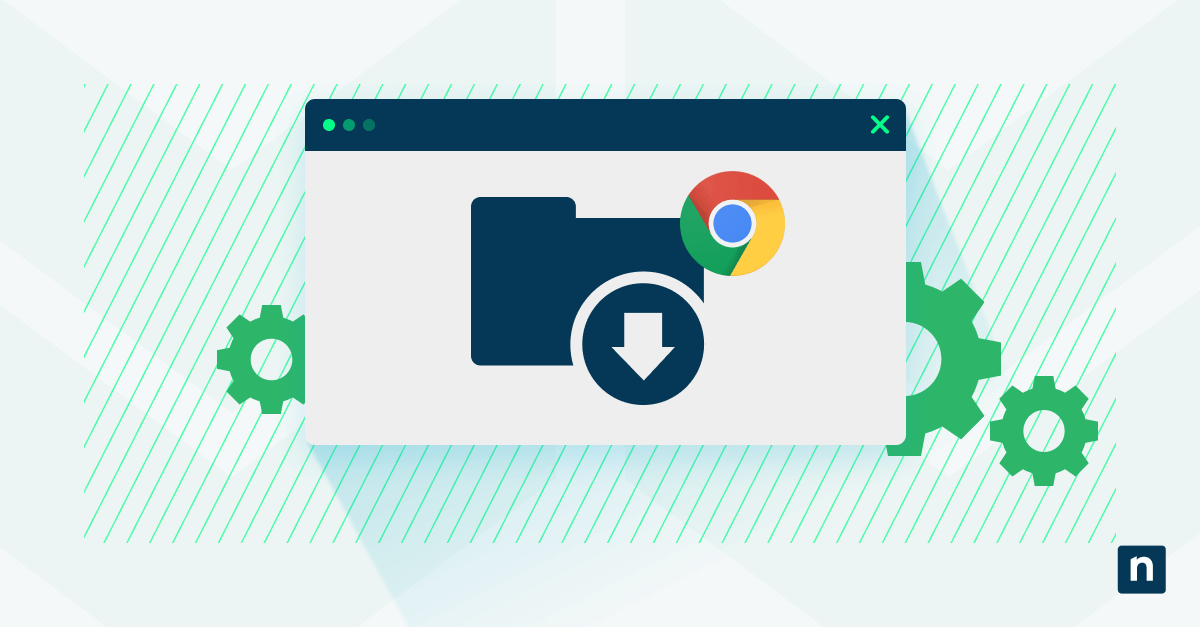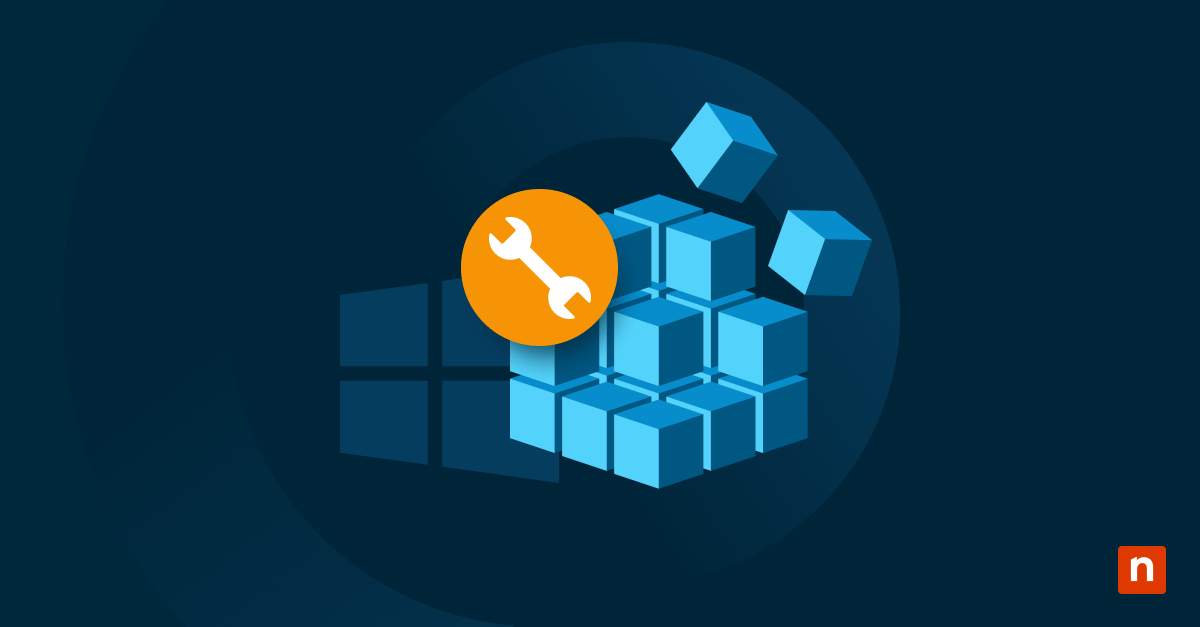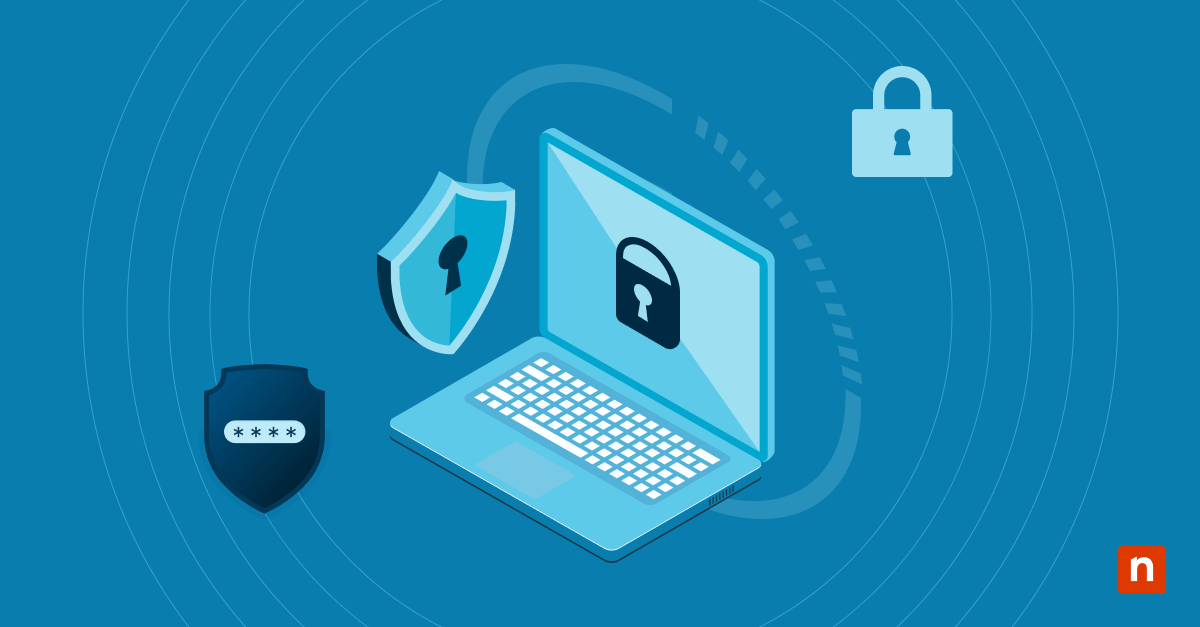Today, businesses rely on the cloud to help with many tasks, from data backup to team collaboration. In fact, Zippia’s 2022 cloud adoption statistics reveal that 94% of enterprises use cloud services, and 48% of businesses choose to store their most important data in the cloud.” Discover the differences between cloud backup vs. cloud sync and storage in this post.
What is the cloud?
The cloud is a group of servers stored in databases around the world, and it allows software and services to run on the internet instead of locally on devices. To access the cloud, all you need is a stable internet connection and an endpoint. There are currently four different types of cloud that businesses can use:
-
Public cloud
A public cloud is available to all and shares resources, services, and information to the general public.
-
Private cloud
A private cloud is usually hosted on-premises and isn’t available to the public. It operates on a private internal network and allows users with access to share resources and use its services.
-
Hybrid cloud
A hybrid cloud uses both a private and public cloud and shares resources and information between both of them. Organizations implement this kind using a hybrid cloud strategy to ensure they capitalize on the value of both.
-
Community cloud
A community cloud can only share resources and offer services within a specific group or organization.
3 common ways to use the cloud
One of the reasons why businesses are moving to the cloud in 2022 is because it offers flexibility and can be used for many tasks. Some common ways to use the cloud include:
1) Cloud backup
Simply put, cloud backup is the process of using software to copy data and move it to the cloud. It includes all the automated technology and software involved in moving data to the cloud, identifying changes in the data to determine what needs to be backed up, determining how long to keep data, deleting data from cloud storage, compressing data, encrypting data, etc.
2) Cloud sync
Cloud sync is the process of installing applications on user endpoints to detect changes in files and move them to the cloud. While this software can be considered a form of backup, its primary purpose is for collaboration between teams or individuals. Some examples of cloud sync software include Dropbox, Google Drive, and OneDrive.
3) Cloud storage
Cloud storage is the ability to store data in the cloud. Unlike cloud sync or cloud backup, there is no software involved with cloud storage. You can think of it as a storage container that you can fill with files, data, et cetera. You don’t have to use it only as backup; you could also use it for primary file storage, computing power, or to run applications in the cloud.
5 advantages of using cloud backup
To protect data from corruption or loss, businesses often use cloud backup. In fact, NordicBackup believes that “running a business without a cloud backup in place can have devastating, yet preventable, repercussions.” The advantages that a business gains from using cloud backup include:
1) Cost-savings
During the dark ages before the cloud, businesses were forced to pay for on-site servers and off-site data centers. Today, organizations save money, space, and time by using the cloud. Although businesses do pay hosting companies to use the cloud, the cost is much lower than the on-site alternative.
2) Scalability
As organizations grow, they need scalable solutions that are able to evolve with the company. Since hosting companies usually offer various levels of service, it allows businesses to change and adapt their cloud services as they scale.
3) Security
Cloud backup is an excellent way to prevent data loss or theft. As a matter of fact, data that is stored in the cloud is encrypted to prevent unauthorized parties from accessing it. Additionally, cloud hosting companies stay up-to-date on the latest cybersecurity standards to ensure that stored information remains in the right hands.
4) Flexibility
Because cloud hosting businesses offer services that are pay-as-you-go, you only pay for what you use. This flexibility reduces costs and allows your business to increase or decrease cloud services as needed.
5) Availability
With cloud backup, employees can access data anywhere with a stable internet connection. This feature is especially useful for businesses that have a fully or partially remote workforce.
Backup all your important data with NinjaOne
With NinjaOne’s Data Protection solution, you can automate cloud backup processes and safeguard digital information with ease. Begin your free trial, and start protecting your important data today.

